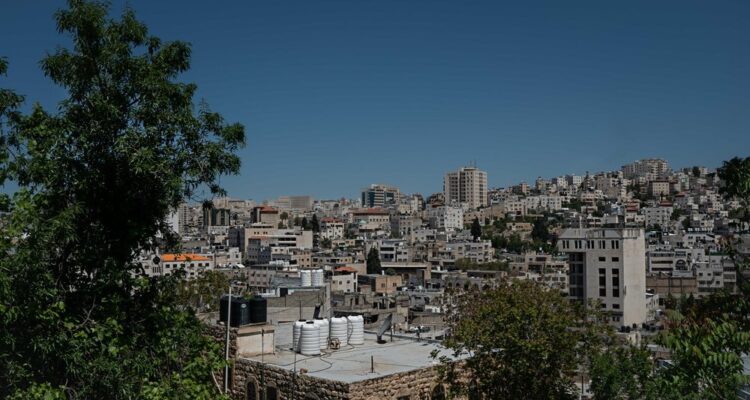As Israeli settlements grow throughout the West Bank, incidents involving settlers are at an all-time high. With Israeli forces failing to prevent violence and sometimes enabling it, Palestinians are more exposed to brutality than ever.
Yasser Abu Markhiyeh’s daughter, Jana, was two and a half years old when stones struck her face and legs. Jana was sitting on her father’s lap while he sipped his coffee on the terrace of their home in the West Bank city of Hebron. Then, Israeli settlers from nearby houses began to hurl stones towards the 51-year-old Palestinian man’s house from the street.
Médecins Sans Frontières (MSF) psychologists help Yasser and Jana cope with the episode and the recurring attacks that they face in their home due to its proximity to settler houses.
Now aged seven, Jana has strabismus (a condition in which both eyes do not look at the same place at the same time). The condition required several rounds of surgery and will require at least one more in coming years.
Yasser and Jana’s neighbourhood of Tel Rumeida is a particularly settler-heavy area inside a part of Hebron known as H2, an enclave under Israeli authority, and home to approximately 700 settlers who live in close proximity to Palestinian residents.
Shuhada street, in the nearby Old City, reflects the impact of the settlements on H2. Once a vibrant commercial hub, it slowly morphed into a ghost town as checkpoints were established, entry permits to enter the area became mandatory for Palestinians, and shops were closed one by one.
Read the article from Médecins Sans Frontières.

